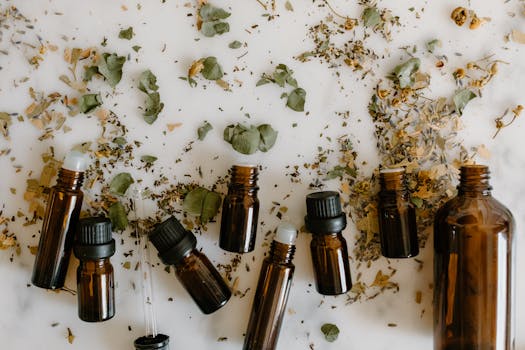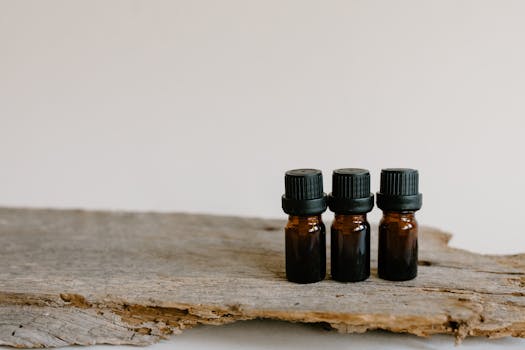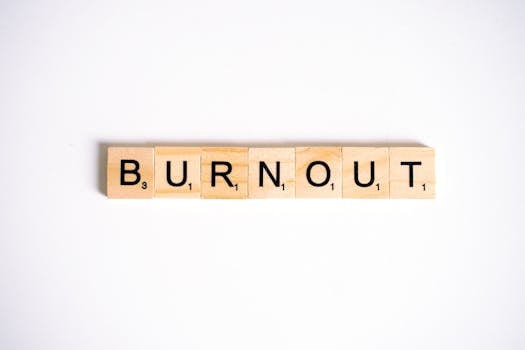
Table of Contents
- Understanding Stress and Anxiety
- Identifying Triggers
- Effective Strategies for Managing Stress
- Lifestyle Changes to Reduce Anxiety
- When to Seek Professional Help
Understanding Stress and Anxiety


Stress often manifests physically, leading to symptoms such as headaches, muscle tension, and fatigue. It can be triggered by external factors such as work pressures, relationships, or financial concerns. Anxiety, on the other hand, may present as excessive worry, restlessness, or difficulty concentrating. It is essential to recognize the signs of both stress and anxiety to implement the appropriate coping strategies.
Identifying Triggers

Common triggers include:
- Work-related pressures
- Interpersonal conflicts
- Health concerns
- Financial difficulties
- Life transitions (e.g., moving, changing jobs)
Once you have identified your triggers, you can work on strategies to either avoid them or develop healthier responses to them.
Effective Strategies for Managing Stress

- Mindfulness and Meditation: Practicing mindfulness can help ground you in the present moment and reduce anxiety. Techniques such as deep breathing, guided imagery, and body scans can promote relaxation.
- Regular Exercise: Physical activity is a powerful stress reliever. Aim for at least 30 minutes of moderate exercise most days of the week. Activities like walking, running, or yoga can enhance your mood and overall well-being.
- Structured Problem-Solving: When faced with a stressful situation, break it down into manageable steps. Focus on what you can control and take proactive steps to address the issue.
- Connect with Others: Talking to friends, family, or support groups can provide emotional relief and help you feel less isolated. Sharing your thoughts and feelings can help you gain perspective.
- Limit Stimulants: Reduce intake of caffeine, nicotine, and alcohol, as these substances can increase anxiety levels.
Lifestyle Changes to Reduce Anxiety

- Establish a Routine: Having a daily routine can provide structure and predictability, which can be calming in times of stress.
- Prioritize Sleep: Aim for 7-9 hours of quality sleep per night. Develop a bedtime routine and create a restful environment to improve your sleep quality.
- Nutrition: Eating a balanced diet rich in fruits, vegetables, whole grains, and lean proteins can positively influence your mood and energy levels.
- Limit Screen Time: Excessive time spent on screens, especially social media, can increase feelings of anxiety. Set limits on your screen time to help manage stress levels.
When to Seek Professional Help

- Persistent feelings of sadness or hopelessness
- Inability to manage daily responsibilities
- Physical symptoms such as chronic pain or fatigue
- Increased reliance on substances like alcohol or drugs
Therapists, counselors, and medical professionals can provide valuable support, coping strategies, and, if necessary, medication to help you manage your symptoms effectively.
See more:
https://www.mentalhealth.gov
https://www.psychologytoday.com
https://www.nami.org




